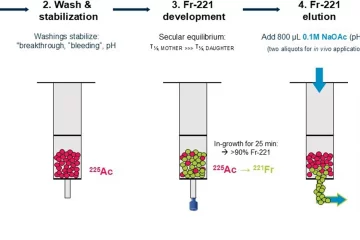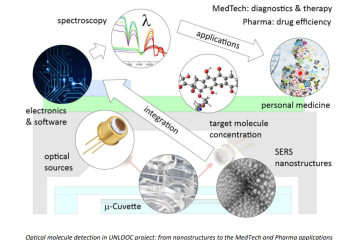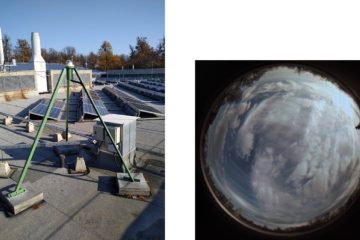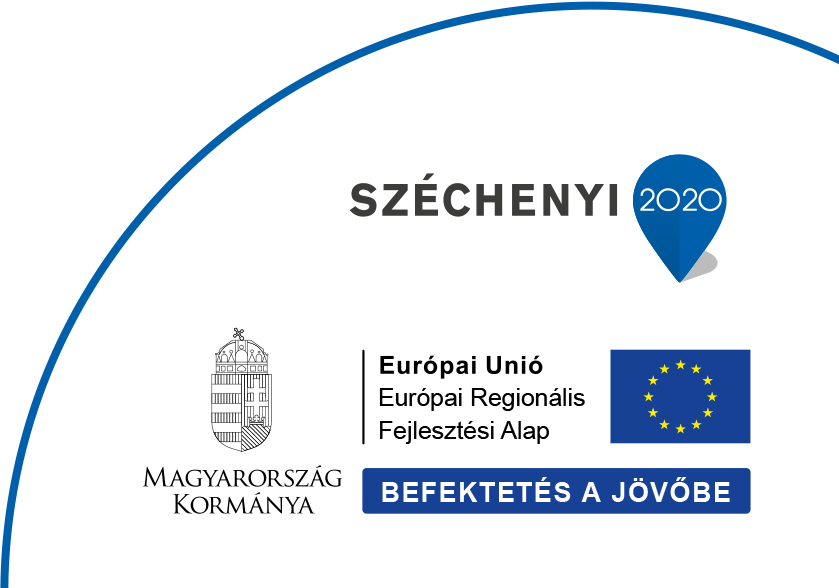The Budapest Neutron Centre (BNC) is a founding member of the League of European Advanced Neutron Sources – LENS. Established in 2019, LENS coordinates the activities of 10 European neutron research institutions. Comprising leaders of these facilities, the LENS Council is set to convene for its regular meeting at the Hungarian Academy of Sciences in Budapest on the 13th and 14th of November 2023.

Neutrons are electrically neutral particles that can easily penetrate into the depths of materials. Due to their unique interactions with atomic and molecular structures, neutrons contribute to the exploration of various material properties and the creation of special materials that are not possible to study using other methods. They play an essential role in the development of special magnetic materials (computing), energy storage devices (electric mobility), molecular biological agents (health science), and even the determination of the origins of archaeological artifacts. Neutron beams for measuring and irradiation facilities are generated in research reactors or particle accelerator-based neutron sources. Europe is a leader in neutron science, primarily thanks to the research infrastructure ecosystem that has been established in the past 30-40 years, with neutron research pioneering the development of the service-user system. Today, approximately 6,000 researchers (physicists, chemists, biologists, archaeologists, etc.) conduct neutron experiments in Europe, and 90% of these studies take place in the five most significant neutron source centres within the LENS network. One of these centres is the Budapest Neutron Centre.
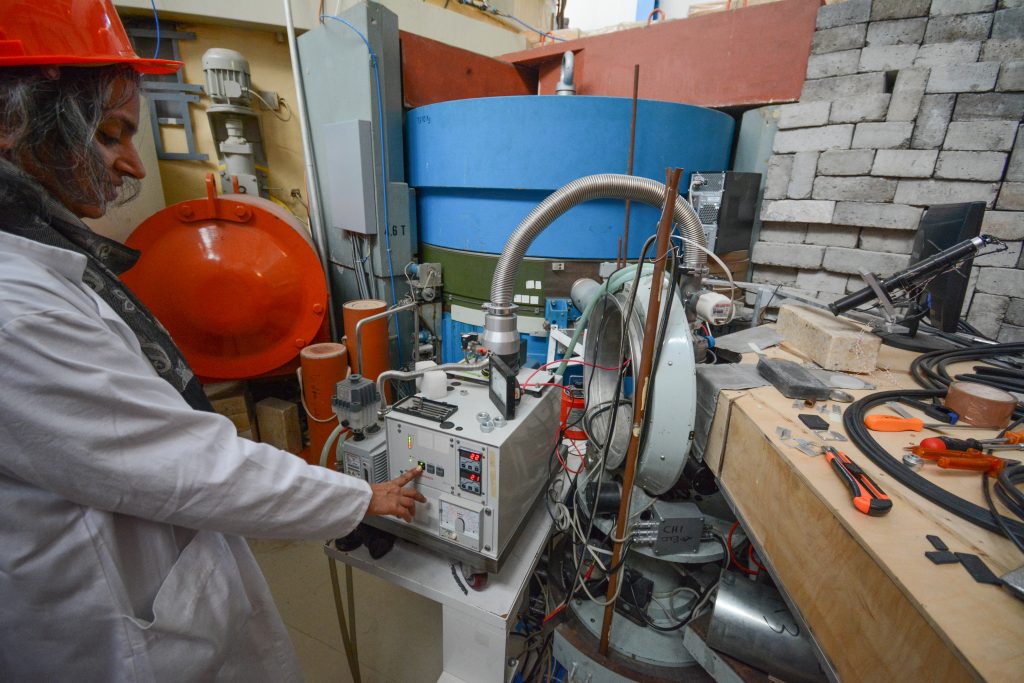
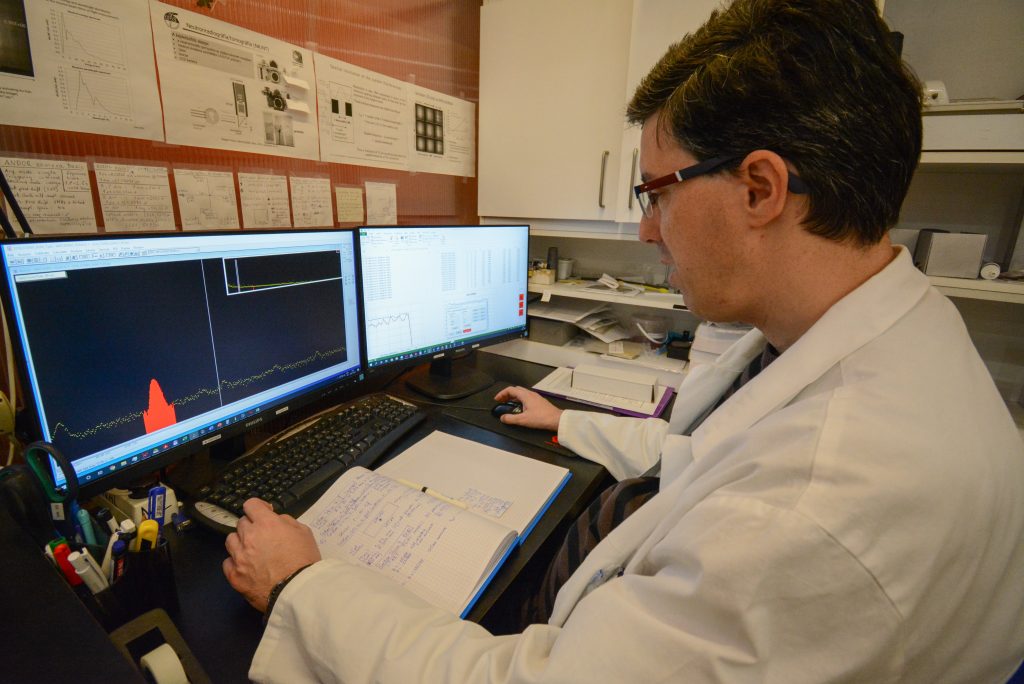
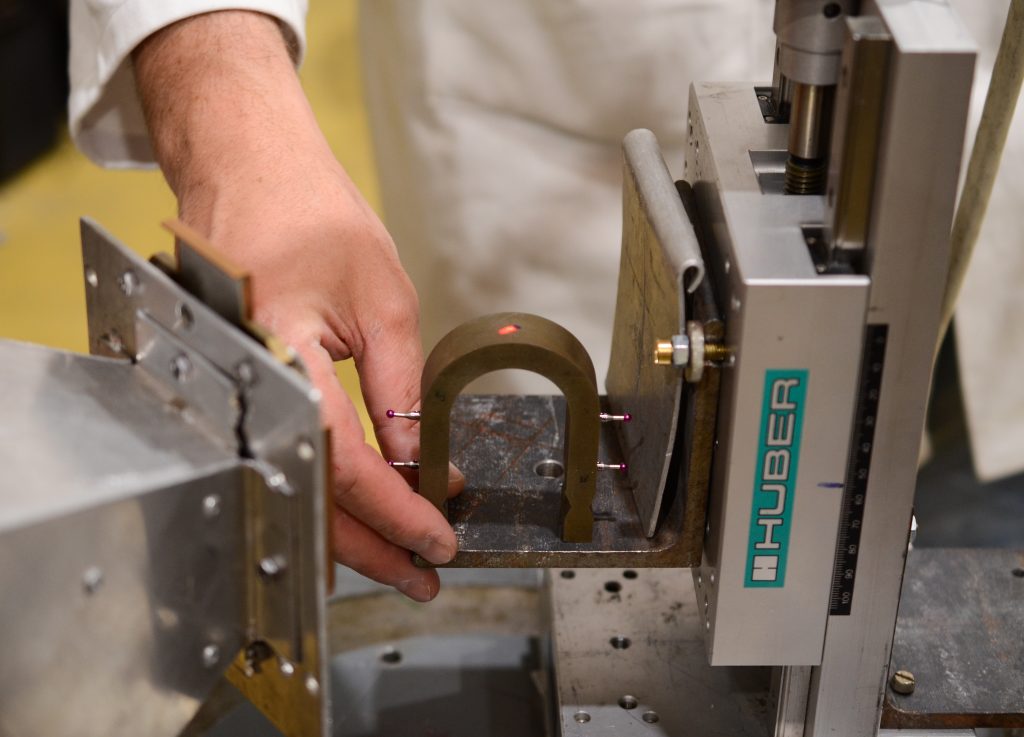
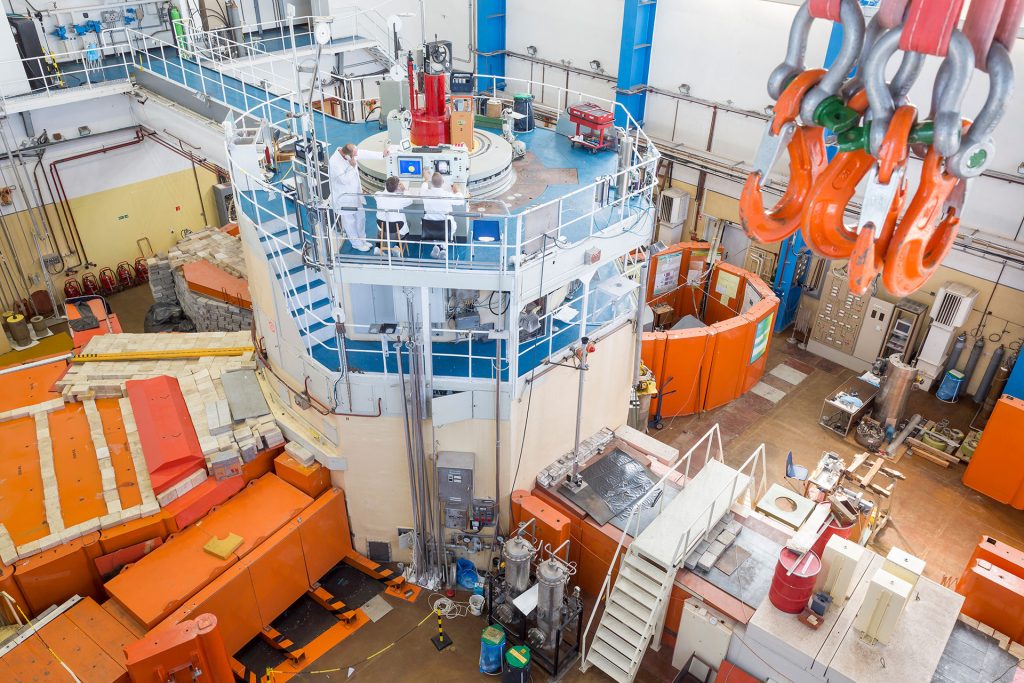
The HUN-REN Centre for Energy Research, a member of the Hungarian Research Network, is situated at the Csillebérc campus in Budapest. This facility hosts the 10 MW Budapest Research Reactor and the Budapest Neutron Centre (BNC) for its scientific use, which serves the largest user community in Central Europe. BNC conducts approximately 120-150 experiments annually at its 16 different neutron measuring stations. Each year, around 200 domestic and an average of 400 foreign researchers utilise these measurement opportunities. Recognising the BNC’s significant role within the neutron research ecosystem, LENS has chosen to conduct its leadership meeting in Budapest now. The upcoming period is pivotal for developments in this area. The modernisation and extension of the operational lifetime of the reactor, which was refurbished 30 years ago, is due within a few months, and preparations for the future neutron source, a much more modern accelerator-based neutron source, need to begin in the next few years.
The current LENS meeting holds exceptional significance also for an additional reason. The strategic document “Neutron Science in Europe” was completed last year, with the involvement of BNC and the integration of the Hungarian ‘Neutron Roadmap’. Now, under the leadership of Prof. Martin Müller the newly elected President of the LENS Council and director of the Munich Neutron Center, there is a need to develop an action plan. Its primary goal is to improve the coordination of neutron centres, thus reducing the ‘neutron shortage,’ which is the negative consequence of the significant experimental capacity shortage caused by reactor closures in recent years. The commissioning of the world-leading neutron source in Lund, Sweden (ESS), which is expected to take place in the next few years, also requires preparation for its efficient operation and utilisation by the neutron community, with a significant Hungarian contribution. Furthermore, LENS faces a paradigm shift: the development of compact accelerator-based sources is currently underway to replace reactor neutrons. These sources can be built with much lower investment costs than traditional neutron sources and are environmentally friendly, with significantly easier user access. Hungarian neutron research plays a pioneering role in this as well: the first European compact source prototype was built through the collaboration of HUN-REN EK and Mirrotron Ltd. This achievement has also undoubtedly motivated the LENS Council’s decision to convene in Budapest.
